Introduction
I admit it: I'm a numbers junkie. Statistics fascinate me because of the tales they tell. I would like to share one of those stories with you. (Have I done this bit before? Sounds familiar to me. It's what happens when you get old. You start repeating yourself. Once past 50, you can't say things a single time, Oh no. At least twice or three times you have to say them.)
War has been the driving force behind most developments in British beer, since at least the Civil War. Cromwell introduced the first beer duty. Soaring taxes during the Napoleonic wars spurred brewers to innovate to cut costs. Patent malt was the result. The Boer War saw Britain become a high-tax nation for beer. Measures to conserve resources during WW I slashed gravities forever.
Perhaps the title should have been "War and Taxes". It wasn't so much war directly, but the money needed to finance it that had an effect on brewing. Except perhaps WW I, where a shortage of raw materials and huge tax increases in taxation combined to wreak havoc.
So how come so little changed during WW II? The conflict came close to destroying Britain both militarily and economically. Why was the impact on the brewing industry so small?
I think I know the answer, but I'll present the facts first and let you decide for yourself.
World War 1
Let's first look at what happened in WW I:

The effect of the war was dramatic: production was almost halved, strengths dropped to near-beer levels. Postwar, beer gravities settled around 20% lower than their pre-war average.
World War 2
Here's what happened in the next war:

This time UK strengths only dropped by about 10% and output even increased. The UK was able to brew large quantities of reasonable-strength beer. Average gravity never dropped below 1033.
You'll note that the effects of the war - even in the period when things were going well - were much more pronounced in Germany. Production of serious-strength beer trickled to a halt in Germany about half way into the war.
Average German gravity would have been much lower than the maximum figure given. There were classes with an OG of just 1012 even in the early war years. By 1945 some beers were as weak as 1008. If you reckon that German beer probably averaged at least 12º Plato(1048) before the war, it's quite a big drop. Things got so bad, they even suspended the Reinheitsgebot for a while.
Worth noting
Britain's prime minister for the second half of WW I, Lloyd-George, was a teetotaller, as was Hitler. Churchill, on the other hand, was an enthusiastic drinker.
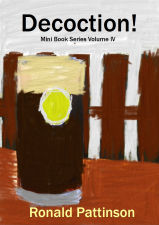



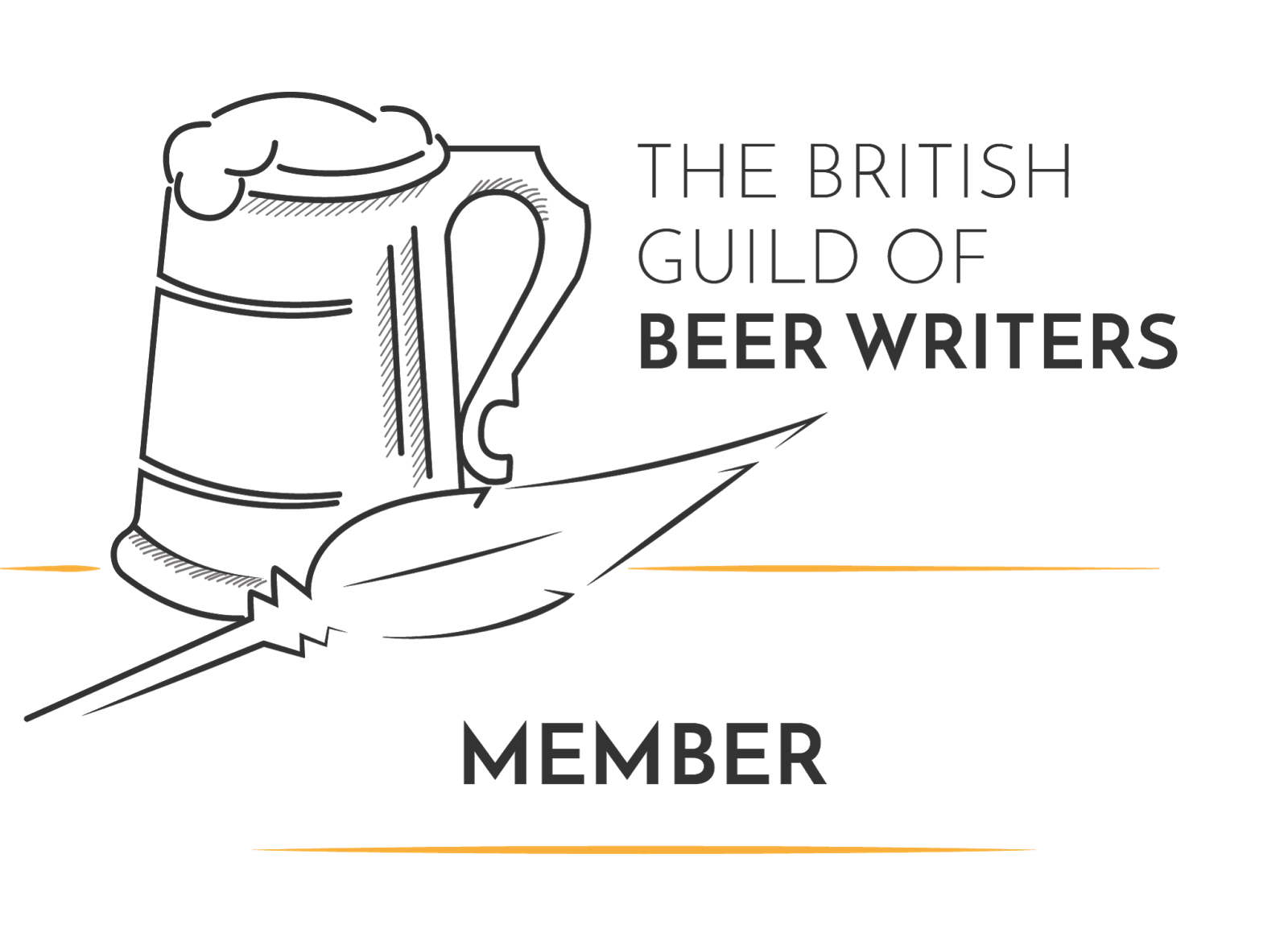









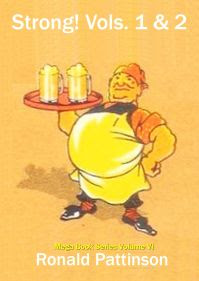


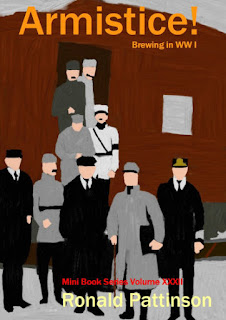
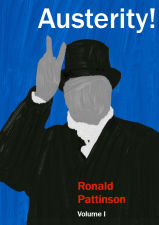

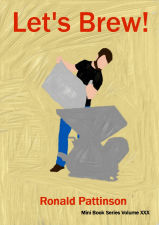

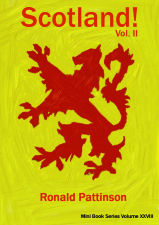
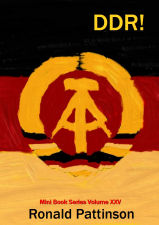


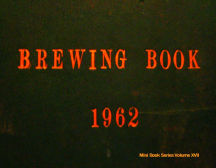
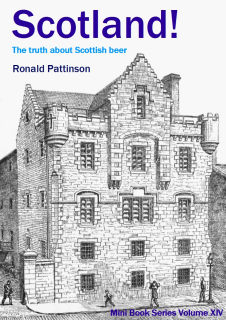
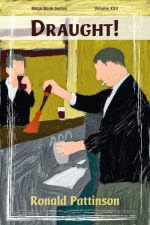

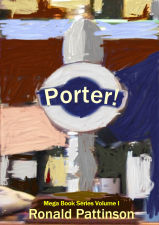
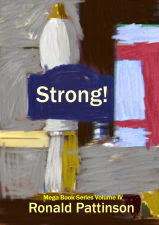
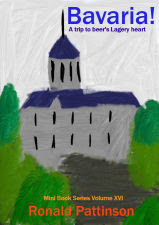

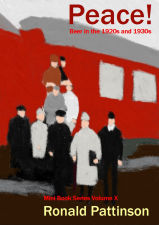

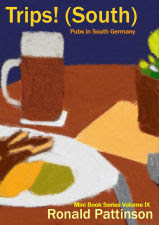
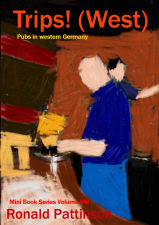
































4 comments:
How are the average gravities computed? Are they weighted to account for how much is produced for each beer, or is it a flat average across the different beer products? (I assume the former, but it would be good to know.)
"Why was the impact on the brewing industry so small?" Pete Brown's book implies that the main difference was the difference in the attitude towards beer in WWII compared to WWI, where beer was seen as important to the war effort in WWII (and was even prioritized by Churchill), whereas it was seen as detrimental to the effort in WWI (plus there was pressure from the Americans, who were about to enter prohibition, and not keen on their grain being used to brew beer). Whether this is the right answer is of course another thing altogether.
The average gravity was calculated taking into account how much was produced of each different beer.
I think Pete Brown isn't far off the mark. In WW II the authorities were also probably keen on avoiding the industrial unrest caused by beer shortages towards the end of WW I. And, of course, Churchill himslef was a pisshead.
Did Churchill drink beer? I had the impression it was mostly Champagne and whisky. (Yes, please!)
That's a good question - did Churchill drink beer? I'm sure that he must have, on occasion.
Post a Comment